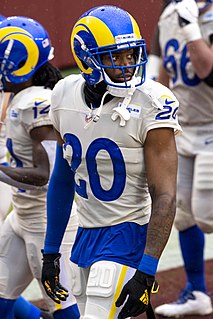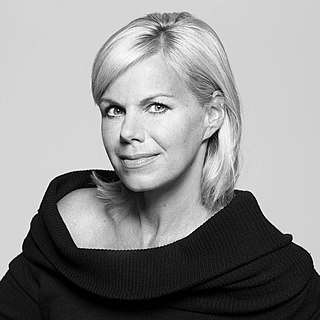A Quote by Jim Yong Kim
One of the things I had to really work on is, when you're the leader of an organization, people look at the expression on your face. Your mood has a lot to do with how people think the whole organization is doing.
Related Quotes
I think it's possible for me to approach the whole problem with a broader scope.When you look at something through an, an organizational eye, whether it's a, a religious organization, political organization, or a civic organization, if you look at it only through the eye of that organization, you see what the organization wants you to see. But you lose your ability to be objective.
I think every leader has an obligation - the absolute obligation - to treat everyone fairly. But they also have the obligation to treat everyone differently. Because people aren't all the same, and the last thing you ever want to do, in my opinion, is let the best in your organization be treated like the worst in your organization. It does nothing for your future.
Fortunately or unfortunately, the one predictable thing in any organization is the crisis. That always comes. That's when you do depend on the leader: The job of the leader is to build an organization that is battle-ready, that has high morale, that knows how to behave, that trusts itself, and where people trust one another.
You simply can't be tentative in a startup. You have to go for it at every chance you get. And if the leader of the organization is anxious, his or her fear pervades the organization. Everything comes from the top in a company. So if you are starting a company or building one, face your fears and move past them. It's critically important to your company.
In any bureaucratic organization there will be two kinds of people: those who work to further the actual goals of the organization, and those who work for the organization itself. Examples in education would be teachers who work and sacrifice to teach children, vs. union representative who work to protect any teacher including the most incompetent. The Iron Law states that in all cases, the second type of person will always gain control of the organization, and will always write the rules under which the organization functions.
One of the difficulties in bringing about change in an organization is that you must do so through the persons who have been most successful in that organization, no matter how faulty the system or the organization is. To such persons, you see, it is the best of all possible organizations, because look who was selected by it ad look who succeeded most in it. Yet, these are the very people through whom we must bring about improvements.
It makes me so angry when people say, "We never hear from people who are happy doing sex work." Well, that's because they're working. The activism privileges people who hated doing sex work, are no longer doing it, and have a job at a social service organization, for example, that trains them on how to speak to the media. We are hearing from those people quite a bit.




































